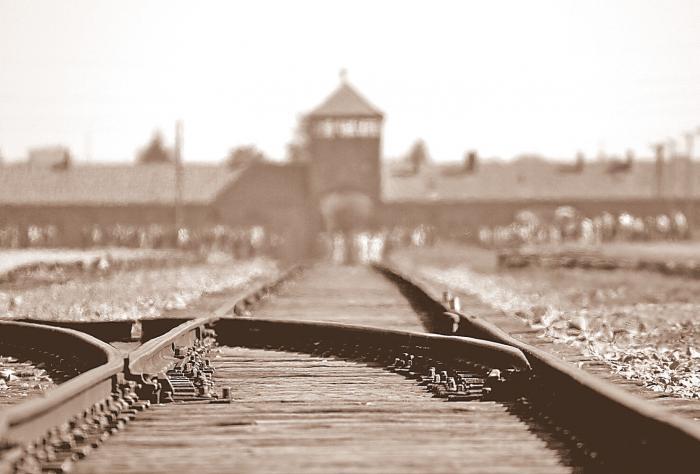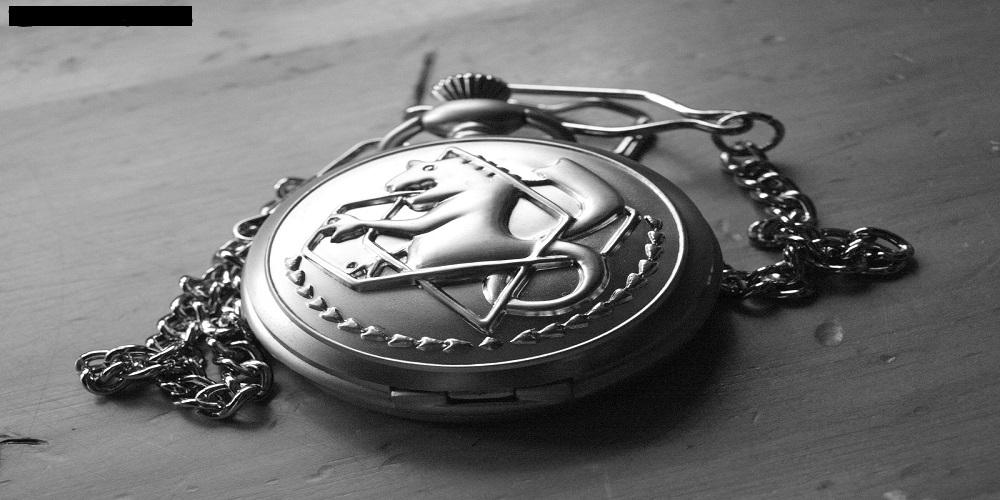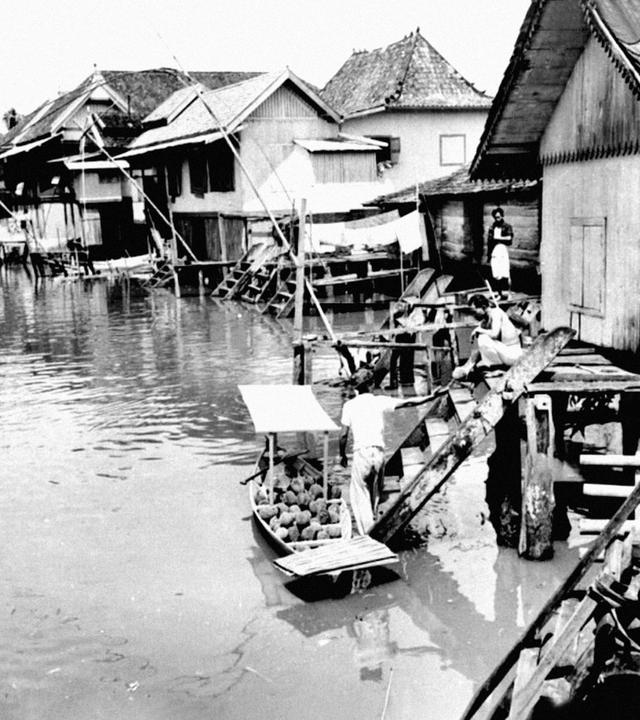Holocaust, remember the genocide so that humanity does not repeat it
About 6 million Jewish men, women, and children perished in the Holocaust, an event regarded as the systematic, state-sponsored persecution and annihilation of European Jews by Nazi Germany and its collaborators between 1933 and 1945. This event considered cruel and ruthless not only affected countries where Nazi crimes were committed, but also many other parts of the world where many people also lost their lives.
Seventy-five years later, many countries share a collective responsibility to address the trauma still alive, commemorate this fact, take care of the historical places to keep the memory and promote education in the youth of today and tomorrow for the elimination of racism, antisemitism and any cruel act that puts the lives of others at risk.
In this sense, the Embassy of Israel together with the Embassy of Italy in Panama presented the documentary Il Giudice dei Giusti (The Judge of the Just) on Tuesday night in homage to the International Day of Commemoration of the Victims of the Holocaust , a fact that is remembered every January 27, a date that was designated by the United Nations Organization (UN) through Resolution 60/7 in 2005. This date marks the liberation of the Auschwitz concentration camp.
“It is important to continue to remember the victims of the Holocaust, as anti-Semitism and hatred continue to exist. This day also reminds us of the consequences of this kind of hatred, which we cannot allow to continue happening,” Itai Bardov, Israel's ambassador to Panama, told La Estrella de Panamá.

The ambassador stated that Moshe Bejski (1921, 2007), who witnessed the "atrocities" that occurred during the Holocaust and who went through six concentration camps, from which he managed to escape, leaves a legacy for present and future generations and teaches us that it is possible to act against evil with an act of goodness, and that there are no ethnic, ideological or religious barriers that prevent helping another human being facing difficult situations.
In addition, Bardov pointed out that each person must commit to making this world a better place, where there is no hatred and in which it is forbidden to forget what happened during the Holocaust.
For his part, Fabrizio Nicoletti, ambassador of the Republic of Italy in Panama, pointed out that remembering this fact is very important so that things as horrible as those of that time never happen again. "The Italian Parliament proclaimed Remembrance Day in the year 2000, five years before the United Nations proclaimed January 27 as the International Day of the Victims of the Holocaust, also to pay tribute to all the people who died."
In turn, he affirmed that the Italian Republic rejects anti-Semitism, racism and all demonstrations of xenophobia. "Nations come together to combat injustice and crimes against humanity and what we are looking for is that young people know about this fact and it is never promoted again in the history of humanity."
The documentary The Judge of the Just was directed by Enrico Marchese and written by Gabriele Nissim and Emanuela Audisio, who won the “Ilaria Alpi” critics award in 2003. It reconstructs the life of Moshe Bejski, a judge from the Israeli Supreme Court, who for many years served as president of the Israeli commission in charge of saving the memory of those people who, without being of Jewish confession, altruistically helped and saved Jews during the Holocaust, and received for it the title of "Righteous Among the Nations".
Documentary in Panama
Recently in Panama, the filming of the documentary Cotito was carried out, which narrates the massacre that occurred in the Panamanian Highlands in 1941, against a commune of Swiss-German settlers. The project is currently in the post-production phase with the editor Aldo Rey Valderrama, and the film is expected to be finished by the middle of this year to thus begin the circuit of national and international festivals.
The Cotito film project received support from the Film Fund of the Ministry of Culture (MiCultura), was directed by Martín Contreras and produced by Elías Jiménez.
This film production was filmed on location in Panama City and Tierras Altas in the province of Chiriquí, and, as explained by its director, the idea for this documentary arose when “years ago, while working at the National Library, he fell into my hands a book entitled 'Holocaust in Panama' and from there I began an investigation that led me to discover hundreds of details about European migration during the interwar period, to Latin America and especially to Panama”.
According to the UN, to commemorate this day it is best to share phrases of acceptance and tolerance towards those who are different. All human beings suffer from the same fears, we dream of similar things. "We seek to be happy in different ways, so let's not reject anyone because of their skin color, religious beliefs, nationality, gender or social status."









1612